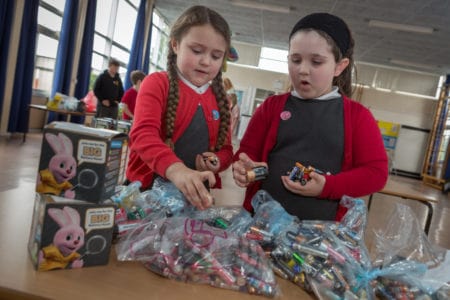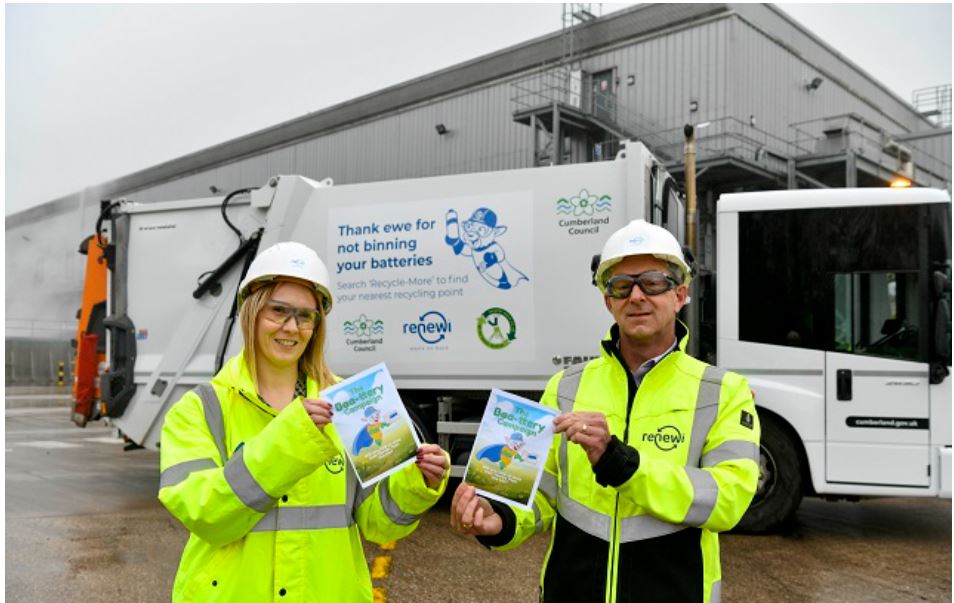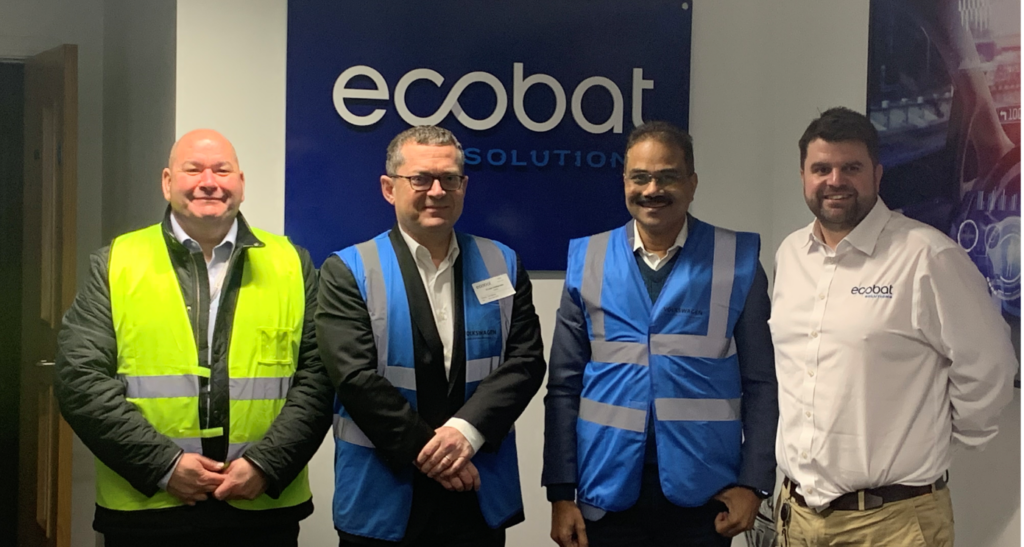To date, 50 schools have participated in the programme, dubbed ‘The Big Battery Hunt’, collecting around 60,000 household batteries for recycling the organisers have said.

Duracell is expecting to launch a nationwide campaign next year, using findings from the pilot scheme to encouraging greater collection of batteries.
According to the battery producer, despite much of the population considering themselves ‘active recyclers’ the UK has one of the lowest battery recycling rates in the EU – with an estimated 20,000 tonnes of batteries ending up in landfill each year, the company claims.
Recent figures have suggested the UK fell short of its 45% collection target for portable batteries in 2016 (see letsrecycle.com story).
Targets
Collections are financed by producers through a producer compliance regime – which is intended to cover the cost of the recycling of their products when they become waste.
In previous years a disproportionate tonnage of lead acid batteries – which make up only a small percentage of the UK’s portable battery recycling obligation – had been used to meet targets. Since a change in the way that portable batteries are classified an increase in the capture of portable batteries is needed in order to meet future targets.
In setting up the project Duracell claims that it needed to go beyond a “simple recycling awareness scheme” and instead “take a step back and look at changing consumer attitudes towards battery waste” in order to address the issue.
The company added that it set out to test a number of different elements that might encourage recycling such as the types of incentives that would be the strongest drivers of consumer action – and whether larger or individual prizes would provide a suitable incentive.
Campaign
The initiative also looked at ways to make recycling ‘fun’, which included design of materials, such as a bespoke ‘Battery Hunt’ collection box, and the format of the initiative itself, a fun Easter style hunt, were key considerations for the experiment.
Duracell also partnered with the National School Partnership (NSP) and Tesco, running assembles and science classes around battery waste, created by the NSP and participating schools set children and their families the Big Battery Hunt as their Easter homework challenge.

Alongside this, the Duracell Bunny visited five Tesco stores across the country to issue Duracell Big Battery Hunt packs in-store.
Since the Easter holidays, 33 schools have submitted their results, with the remaining 17 still being counted and verified. So far, 65,155 batteries have been returned.
Christina Turner, associate marketing director at Duracell UK, said: “The Duracell Big Battery Hunt is a hugely exciting opportunity for us to lead the industry towards long term change. The results have already surpassed expectations, the average amount of batteries collected per school is almost 3,000 compared to only 5 at non-participating schools.
“Our hope is that by furthering our understanding of what motivates behavioural change in this space through the results of this experiment, we can then launch a nationwide initiative next year, leading the industry to step change its current approach to battery waste.”









Subscribe for free